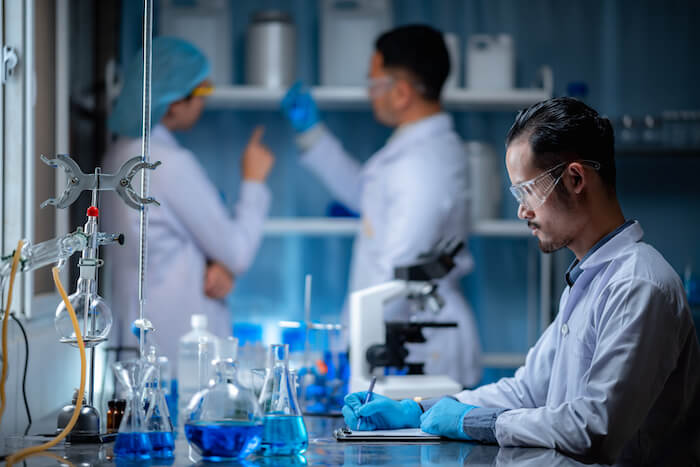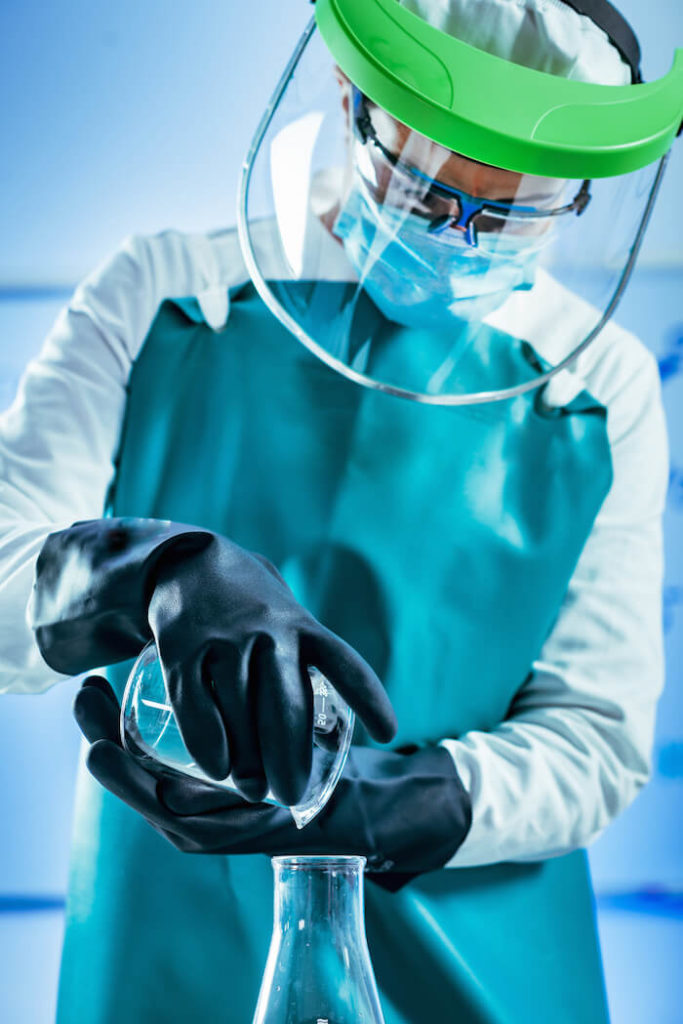Oxford Cryotechnology
We work at the forefront of AI-guided design to develop improved cryopreservation methods with broad applications.




Our work
Cryopreservation is the process of placing cells, organs and even whole organisms at low temperatures so that they remain in a state of suspended animation and viability is preserved.
Cryobiology is a crucial area of research for modern biotechnology due to the importance of biobanking, from developing reliable stem cell storage systems, organ banking for transplants as well as storage for engineered tissues.
At present, cryopreservation technology is only successful for cell lines and very small tissues. More research is required before whole organs can successfully be cryopreserved while retaining their biological integrity. Given the importance of organ transplants and the growing field of tissue engineering, perfecting cryopreservation methods would have a profound impact on medicine.

Using many techniques combining in silico and in vitro methods to minimize cryoprotectant toxicity and improve cryopreservation protocols

Process of replacing water molecules with a viscous compound that does not freeze while retarding the formation of ice

By perfecting cryopreservation technologies, donor organs can be preserved earlier and with no further loss in viability.
Vitrification

Team with 20+ Years Of Experience in Research
Our founders have 20+ years of experience in research in both academia and industry with a track-record of innovation in machine learning and computer-guided drug discovery


The future will be cool
“It’s all too easy to dismiss the future. People confuse what’s impossible today with what’s impossible tomorrow.” – Prof. George Church, Advisor to Oxford Cryotechnology
